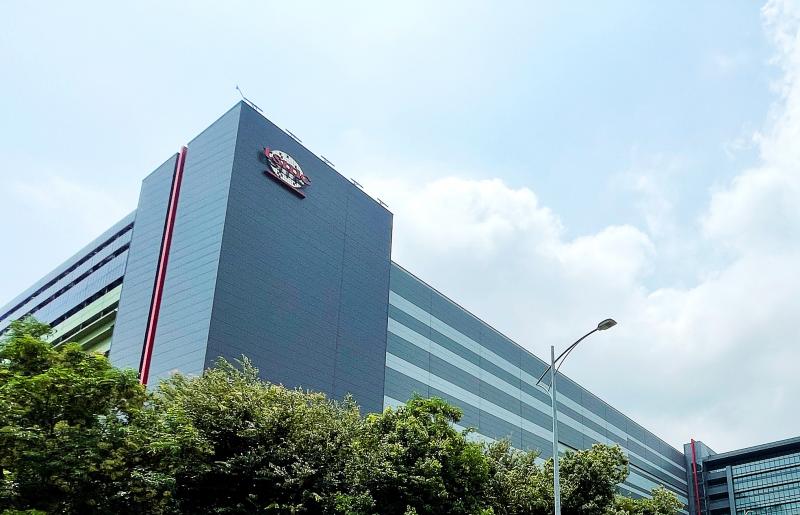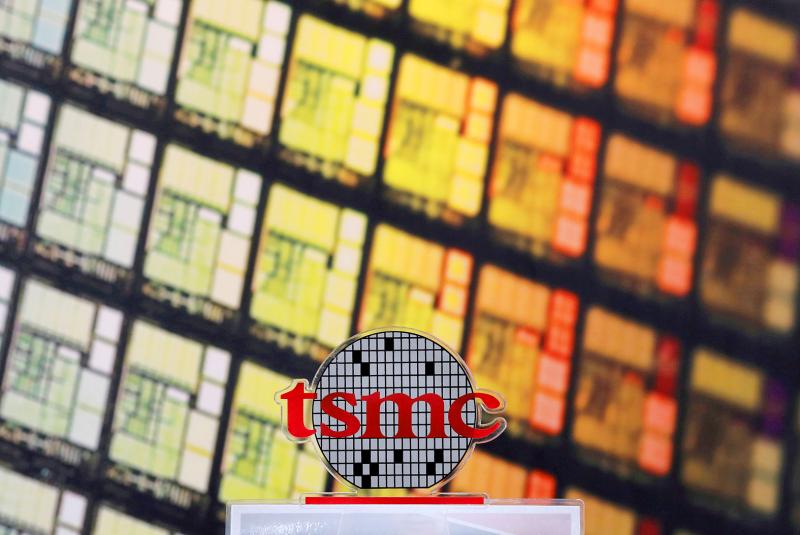On Aug. 23, 1942, the German 6th Army reached the outskirts of Stalingrad, beginning the long struggle there that ended in catastrophic German defeat. The city housed, among other things, the famous Stalingrad Tractor Works, designed and built with American help and kitted out by American and German engineers in the 1920s, but German interest in that factory was entirely tactical. The Germans did not invade Russia to obtain its factories, and their destruction or movement east out of the path of the Germans — along with the destruction of farms and grain stocks and other resources — did not stop the Germans from continuing their advance.
Similarly, the invasion of Czechoslovakia in 1939 did not occur because the Germans wanted the Skoda Works, a global concern that manufactured everything from piping for canals and power plants to artillery for battleships. Had the Czechs somehow entirely demolished that sprawling firm and its numerous facilities, the German annexation would still have gone forward.
One could widen this observation to the Citroen plants in France or the Fokker factories in the Netherlands. The Germans did not annex those two nations, or indeed, any other nation, in order to obtain its factories. Though the two centuries since the Industrial Revolution have seen innumerable imperialistic wars, this writer is unable to find an example of a nation that has invaded another because it had a highly important and productive factory it coveted, or was deterred from doing so by the owner’s threat to destroy such facilities.

Photo: Reuters
Most educated readers are aware of this. Thus, it will likely come as a shock to learn that the US Army War College’s most-downloaded paper of last year was one arguing that in the event of an invasion the US should destroy the TSMC semiconductor manufacturing facilities in Taiwan, and that this threat would have a deterrent effect on Beijing: “Broken Nest: Deterring China from Invading Taiwan” by Jared McKinney and Peter Harris (Parameters, Winter 11-17-2021, free to download).
The authors conceive of this policy as part of a broader scorched earth program of “assuring China an invasion of Taiwan would produce a major economic crisis on the mainland.” The key to this, they contend, is making the threat of destruction of TSMC’s facilities absolutely credible. The leverage for this comes from the fact that China, despite massive investments in semiconductors, “only 6 percent of semiconductors used in China were produced domestically in 2020.” Hence China, along with the rest of the world, is heavily dependent on South Korean and Taiwanese semiconductor makers. They even have that rarest of rare birds, a historical comparison, with Sweden in World War II, which they claim “made an analogous threat of selective scorched earth during World War II with reference to its iron ore mines,” whose output Nazi Germany desperately needed.
Suspicious, I dug up the paper (actually the text of a speech) they cite for the Swedish comparison (“A Test of Neutrality: Sweden in the Second World War,” M. Gunnar Hagglof, International Affairs (Royal Institute of International Affairs 1944-), Vol. 36, No. 2 (Apr., 1960), pp. 153-167). In it the author states: “During the autumn of 1939, I had several times occasion to tell German delegates that, even if the iron ore mines, as such, could not be quickly destroyed, it would be the action of a moment to blow up the indispensable power stations.” However, nowhere does he say that his warnings had any effect on the Germans, nor did he have any way to know whether they did. Moreover, in a longer discussion in the paper, he notes that Sweden was saved from invasion during the critical summer of 1940 to 1942 period not because Germany was deterred by its armed neutrality or threats to the iron mines, but because Hitler’s mind was focused elsewhere. During that period, Germany could have taken Sweden any time it wanted, if it felt like expending the resources to do it. He also notes that after Germany acquired the French iron mines Sweden was less important. As for deterrence, had the Germans won the war, how long would Sweden have remained free?

Photo: Reuters
It is highly unlikely that his words about the iron mines had a deterrent effect. Compared to how much rebuilding the Germans were planning to do in Russia had they won and were doing at home after the constant Allied bombing attacks, fixing a couple of power stations in Sweden would have been a Sunday outing. Similarly, the Japanese knew the Dutch would destroy the oilfields in Indonesia if the Japanese attacked them, but this did not deter Japan from seizing them. In any case, by now it has occurred to the reader that natural resources are utterly unlike factories.
The same is true of China. “Broken Nest” authors McKinney and Harris say their strategy is to turn Taiwan into an economic millstone for Beijing, “positively costly to maintain.” In fact, wrecking TSMC would likely reduce the cost of maintaining Taiwan, since the occupier would no longer have to schlep raw materials to its plants and ship out its finished products. What gutting TSMC would do is raise rebuilding costs, which would stimulate China to rebuild the plants in China rather than continue operating them in Taiwan.
The truth is there is no need to destroy the chip foundries to make Taiwan costly to maintain: as this writer has noted before, Taiwan is totally dependent on food and energy and raw materials from the outside. Simply possessing Taiwan, even with all its factories intact, will create major problems of food and raw materials supply for Beijing. Semiconductor plants in Taiwan run on raw materials from elsewhere, which Beijing will have to run through an allied blockade to reach Taiwan. The finished products will then have to be shipped out through that same blockade, all while fighting a war against, minimally, the US and Japan.
Militaries are like centipedes, with a face full of vicious weapons but a long and vulnerable logistical tail behind. In Washington and Tokyo and Beijing no doubt many planners have run simulations of the amount of shipping Beijing will require to keep Taiwan humming, supply its own needs and prosecute a major war, against expected losses, and said to themselves “nope, can’t do it.”
Two simple truths should lay to rest this bizarre fantasy of McKinney and Harris. The first is that China wanted Taiwan long before TSMC was churning out chips, and would want it even if TSMC had never existed. It wants Taiwan because, like Nazi Germany, it is an expansionist power driven by racist ideologies and racist history.
The other truth is that scorched earth responses to invasions do not deter invaders. Either the invader has invariably done his research and knows it will happen, and factors that into his logistical and economic calculations, or the invader simply doesn’t give a damn. In the China-Taiwan scenario, likely both of these apply.
Leave TSMC alone. If Taiwan is liberated, the world will need it, and if we are occupied, a functioning economy that keeps Taiwanese employed will be an important foundation of resistance to Chinese rule.
Notes from Central Taiwan is a column written by long-term resident Michael Turton, who provides incisive commentary informed by three decades of living in and writing about his adoptive country. The views expressed here are his own.

In the March 9 edition of the Taipei Times a piece by Ninon Godefroy ran with the headine “The quiet, gentle rhythm of Taiwan.” It started with the line “Taiwan is a small, humble place. There is no Eiffel Tower, no pyramids — no singular attraction that draws the world’s attention.” I laughed out loud at that. This was out of no disrespect for the author or the piece, which made some interesting analogies and good points about how both Din Tai Fung’s and Taiwan Semiconductor Manufacturing Co’s (TSMC, 台積電) meticulous attention to detail and quality are not quite up to

April 21 to April 27 Hsieh Er’s (謝娥) political fortunes were rising fast after she got out of jail and joined the Chinese Nationalist Party (KMT) in December 1945. Not only did she hold key positions in various committees, she was elected the only woman on the Taipei City Council and headed to Nanjing in 1946 as the sole Taiwanese female representative to the National Constituent Assembly. With the support of first lady Soong May-ling (宋美齡), she started the Taipei Women’s Association and Taiwan Provincial Women’s Association, where she

It is one of the more remarkable facts of Taiwan history that it was never occupied or claimed by any of the numerous kingdoms of southern China — Han or otherwise — that lay just across the water from it. None of their brilliant ministers ever discovered that Taiwan was a “core interest” of the state whose annexation was “inevitable.” As Paul Kua notes in an excellent monograph laying out how the Portuguese gave Taiwan the name “Formosa,” the first Europeans to express an interest in occupying Taiwan were the Spanish. Tonio Andrade in his seminal work, How Taiwan Became Chinese,

Mongolian influencer Anudari Daarya looks effortlessly glamorous and carefree in her social media posts — but the classically trained pianist’s road to acceptance as a transgender artist has been anything but easy. She is one of a growing number of Mongolian LGBTQ youth challenging stereotypes and fighting for acceptance through media representation in the socially conservative country. LGBTQ Mongolians often hide their identities from their employers and colleagues for fear of discrimination, with a survey by the non-profit LGBT Centre Mongolia showing that only 20 percent of people felt comfortable coming out at work. Daarya, 25, said she has faced discrimination since she